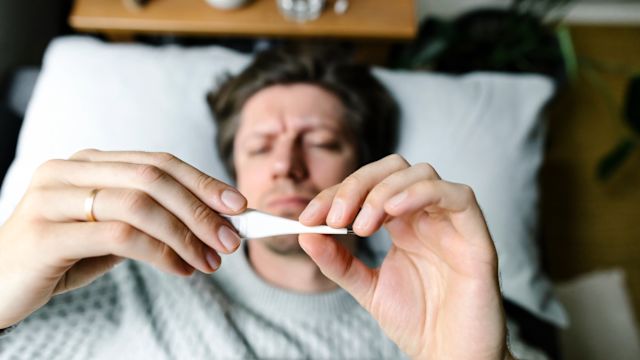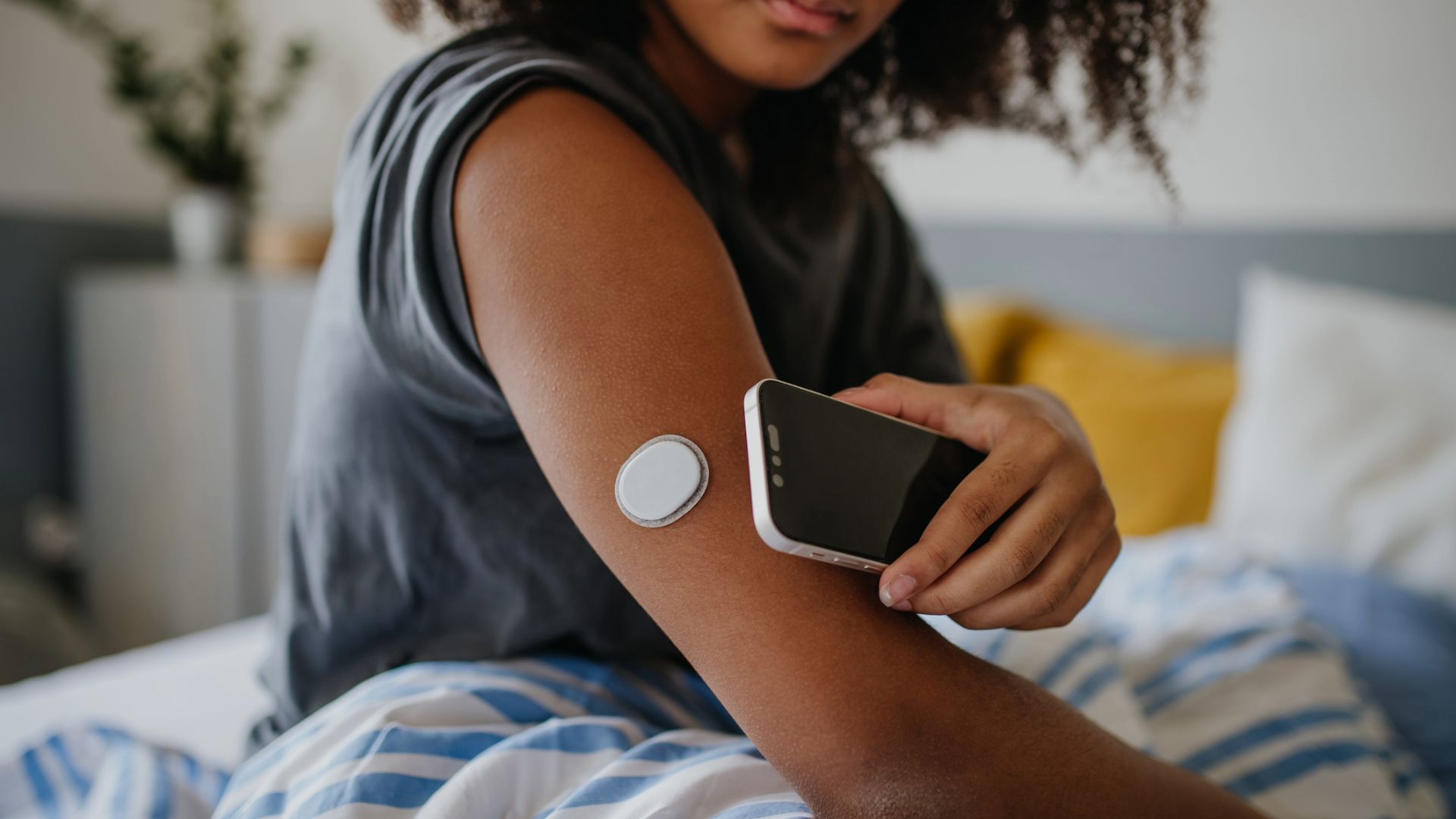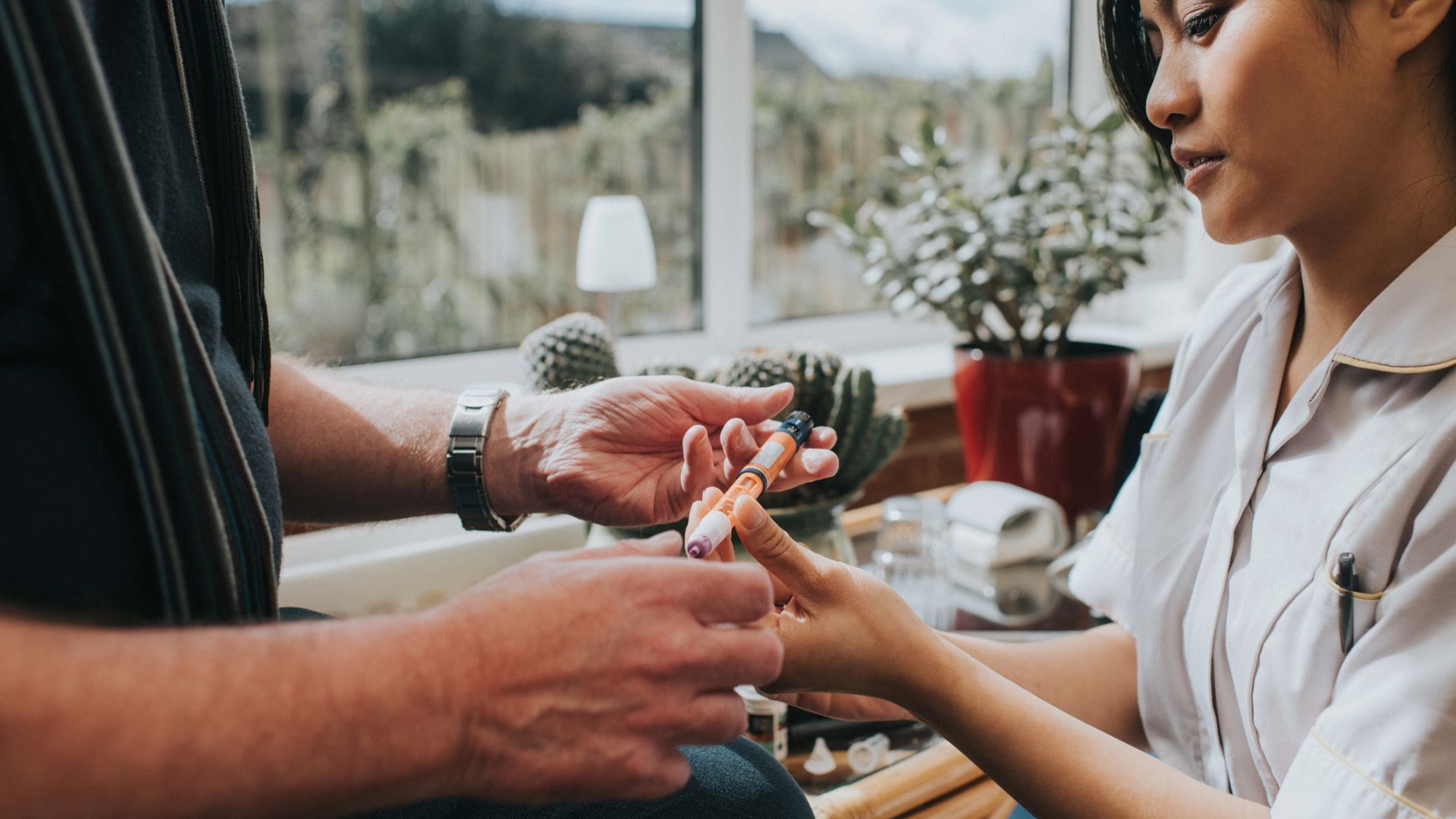Updated on November 8, 2024
If you are living with any form of diabetes, it is important to take steps to protect yourself against influenza. Commonly known as the flu, influenza is a viral infection of the respiratory system. It is typically more severe than a common cold, and results in significant numbers of hospitalizations and deaths each year.
The most important step to protecting yourself against the flu is getting an annual flu shot. Being vaccinated against the flu can prevent a person with diabetes from becoming infected with influenza. It can also protect a person from becoming severely ill if they do get the flu.
Studies have found that flu vaccination is associated with a lower risk of diabetes and flu-related complications, including pneumonia, heart attack, and stroke.
Are you up to date on all vaccinations?
In addition to the flu shot, people with diabetes are advised to receive a vaccine that protects against pneumonia. They are also advised to stay up to date on recommended COVID-19 vaccinations. Adults over 60 should receive a vaccine for respiratory syncytial virus (RSV). Ask your healthcare provider what other vaccines are recommended for a person of your age and risk factors.
Building your sick-day plan
Along with getting vaccinated, it helps to be prepared in case you do find yourself sick. As with many aspects of health, your healthcare provider is your best source of information when building a sick day plan. Here are five strategies to discuss:
How often should you check blood glucose when sick?
Illnesses like the flu can disrupt blood glucose control. The immune response that happens in the body when you’re sick can increase blood glucose levels. Changes in appetite or the ability to eat can contribute to episodes of hypoglycemia. For people taking insulin, this can affect how much insulin is needed.
When sick, it’s a good idea to check your blood glucose more frequently. Ask your healthcare provider for guidelines on how often to check.
How do you avoid and check for diabetic ketoacidosis?
Being sick can also contribute to diabetic ketoacidosis (DKA). DKA occurs when there is not enough insulin, and the body begins to break down fat as energy. A byproduct of this process is an acid called ketones. As ketones build up in the blood, the blood can become too acidic. This is a medical emergency and a potentially life-threatening complication.
Talk to your healthcare provider about the risk of DKA when sick, if you should be testing for DKA (and if yes, how often), and how to seek treatment. Ketones can be tested at home with some blood glucose meters and/or urinalysis test strips.
What supplies and medicines should you keep at home?
It’s always important to have enough of any medicines or supplies you need to manage diabetes—at least a week’s worth of any diabetes medications you are taking, test strips for your glucose meter, extra batteries, lancets, glucose tablets, ketone test strips. Your list will depend on what you use to manage diabetes, but the idea is to have everything you need in the event that you are too sick to acquire more.
It's also a good idea to have some easy-to-prepare food on hand, including foods that can be used to help balance blood glucose levels if needed. Ask your healthcare provider what foods they recommend.
What cold and flu medicines should you use?
It’s also a good idea to keep cold and flu medications on hand in case you get sick. Ask your healthcare provider what medicines they recommend—some cold and flu medications can affect blood glucose levels or affect how other medications work.
Also ask about over-the-counter medications they recommend, such as medications for pain relief, vomiting, and diarrhea.
When should you seek emergency care?
Another item that is important to have at home—a thermometer. You will need to check your temperature when sick. Contact your healthcare provider if you have a fever of 100 degrees Fahrenheit or higher.
Ask your healthcare provider when you should seek emergency care. Examples of when to seek emergency medical care:
- Temperature over 101 degrees for more than a day
- Blood glucose that remains over 240 mg/dL for more than a day
- Blood glucose that drops below 60 mg/dL
- Vomiting or diarrhea that lasts more than 4 hours
- Severe pain or discomfort, such as chest pain, abdominal pain, back pain, jaw pain, neck pain, or pain in one or both arms
- Difficulty or discomfort breathing
- Ketones in the urine
- Difficulty with movement, balance, thinking, or speech
- Sudden confusion or lightheadedness
Keep a list of who you can call if you need help—someone who can pick up supplies, food, a prescription, or take you to the hospital in the event of an emergency.






